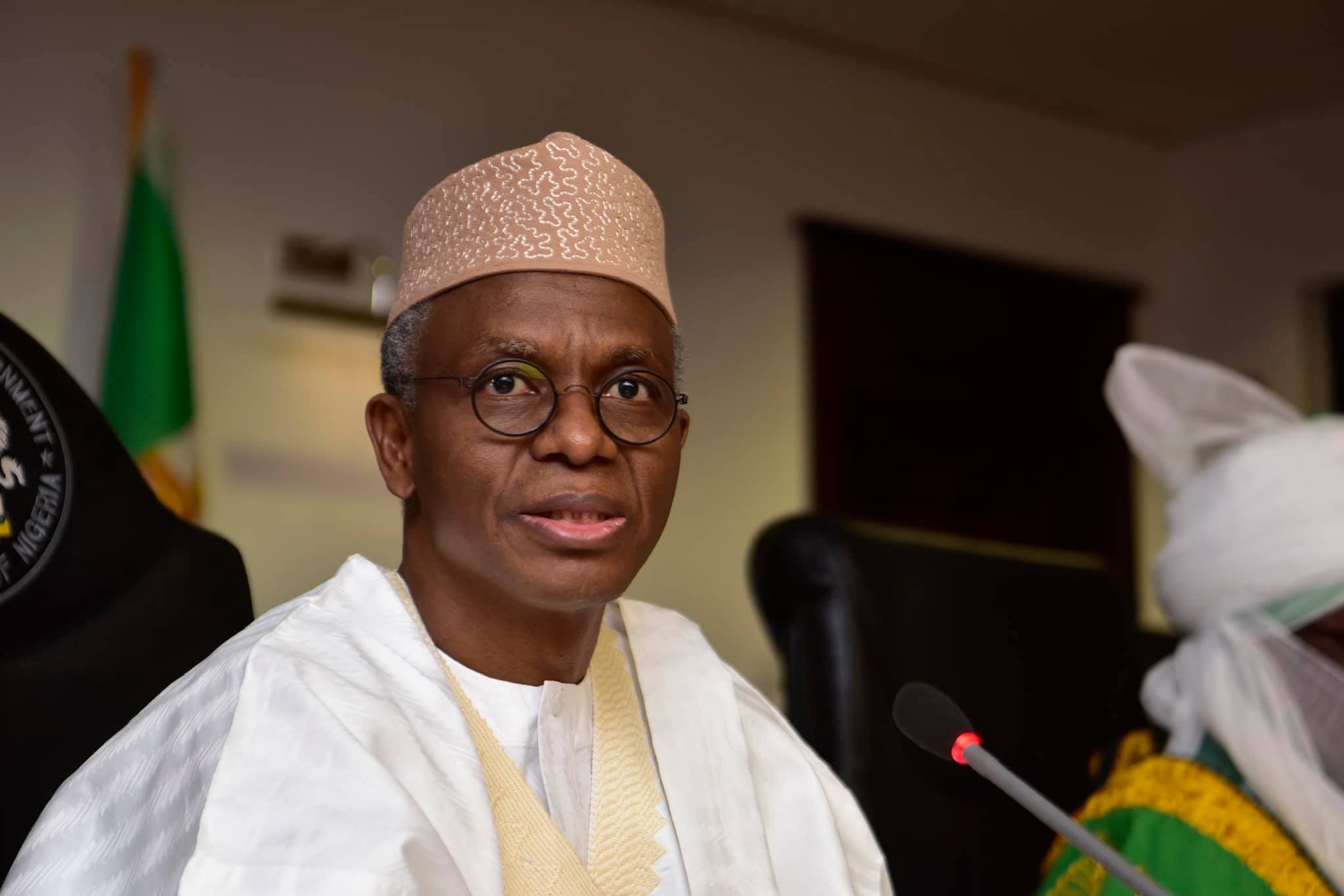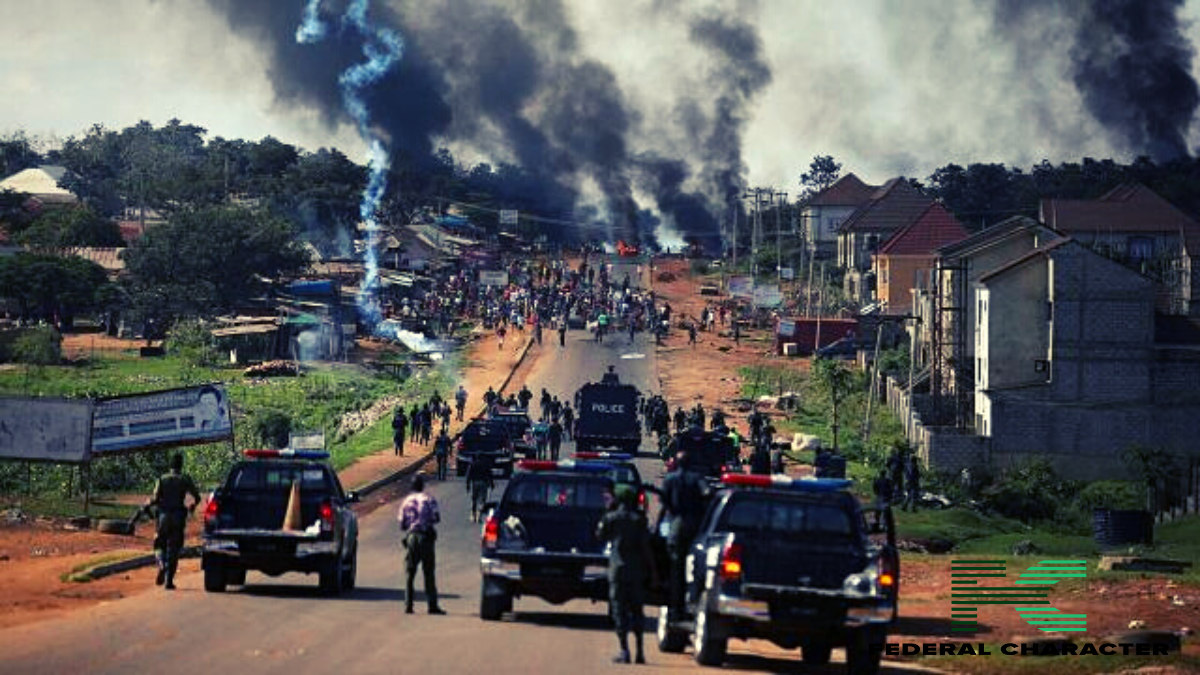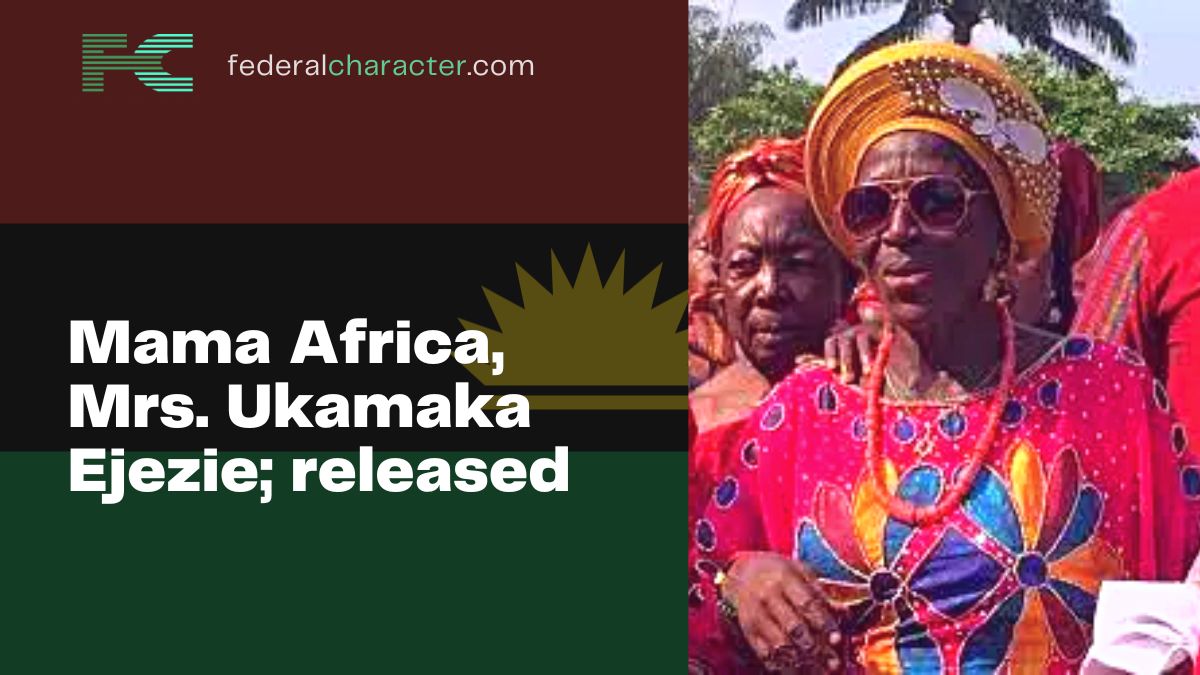In a rare diplomatic breakthrough brokered by Qatar between long-standing adversaries, five American detainees departed Iran on Monday as part of a prisoner swap involving five Iranians held in the United States. This significant agreement also led to the release of $6 billion in Tehran’s frozen funds.
A Qatari aircraft took off from Tehran, carrying the five American detainees along with two of their family members. This departure followed confirmation that the $6 billion had been successfully transferred to accounts in Doha, according to a source familiar with the situation.
Iran’s Press TV reported that two of the five Iranians involved in the exchange had arrived in Doha, although independent confirmation was lacking. Iranian officials had previously stated that three of the individuals released by the U.S. would not be returning to Iran.
The release of these funds set off a carefully orchestrated exchange that had been negotiated over several months between the United States and Iran, two nations at odds over Tehran’s nuclear aspirations and other contentious issues.
The five American detainees, who hold dual nationality, are scheduled to travel to Doha before heading to the United States. “They are in good health,” remarked an Iranian official briefed on the process.
Nasser Kanaani, Iran’s Foreign Ministry spokesperson, disclosed that two of the released Iranians would return to Iran, two would remain in the U.S. at their request, and one detainee would join their family in a different country. Kanaani also confirmed that the funds, previously blocked in South Korea due to U.S. sanctions on Iran in 2018, would become available to Tehran on Monday. As part of the agreement, Qatar will oversee the expenditure of these funds on humanitarian goods, avoiding items subject to U.S. sanctions.
This deal marks a significant step toward alleviating tensions between the U.S., which designates Tehran as a state sponsor of terrorism, and Iran, which has referred to Washington as the “Great Satan.” However, substantial divisions persist on a range of issues, from Iran’s nuclear program and regional influence to U.S. sanctions and its military presence in the Gulf.
Qatar, a small yet exceedingly wealthy Gulf Arab nation, has been actively seeking a higher global profile, hosting the FIFA World Cup in the previous year and assuming a role in international diplomacy. Despite hosting a significant U.S. military base, Qatar has also cultivated close ties with Shiite Muslim Iran.
Doha played host to at least eight rounds of talks, with Iranian and U.S. negotiators situated in separate hotels, engaging in shuttle diplomacy, according to a previous Reuters source.
The transfer of Iran’s frozen funds under this agreement has drawn criticism from U.S. Republicans, who argue that President Joe Biden, a Democrat, is effectively paying a ransom for American citizens. The White House, however, has defended the deal.
Among the dual citizens released by the U.S. are Siamak Namazi, 51, and Emad Sharqi, 59, both businessmen, as well as Morad Tahbaz, 67, an environmentalist who also holds British nationality. They were released from prison and placed under house arrest last month. The identities of the remaining two U.S. citizens under house arrest have not been disclosed.
Iranian officials have identified the five Iranians to be released by the U.S. as Mehrdad Moin-Ansari, Kambiz Attar-Kashani, Reza Sarhangpour-Kafrani, Amin Hassanzadeh, and Kaveh Afrasiabi. While it has been mentioned that Afrasiabi would remain in the United States, the status of the others was not clarified.
Tensions between Washington and Tehran have simmered since Donald Trump, a Republican, withdrew the U.S. from the Iran nuclear deal with global powers in 2018. Efforts to reestablish a new nuclear agreement have made little progress as President Biden prepares for the 2024 U.S. election.
The first step in this agreement saw Washington lifting sanctions to facilitate the transfer of $6 billion in Iranian funds from South Korea to Qatar. These funds had been blocked in South Korea, typically one of Iran’s major oil customers, due to sweeping financial sanctions imposed by Washington on Tehran, making it impossible for the cash to be transferred.














